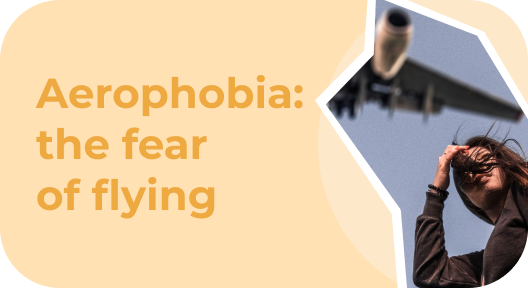My very closed friend broke up with me right after having sex.
I used to see one of my colleagues. This was the first time I had ever been in a same-sex relationship and it was difficult for me to continue so I had broken up. A month and a half later we were a...




